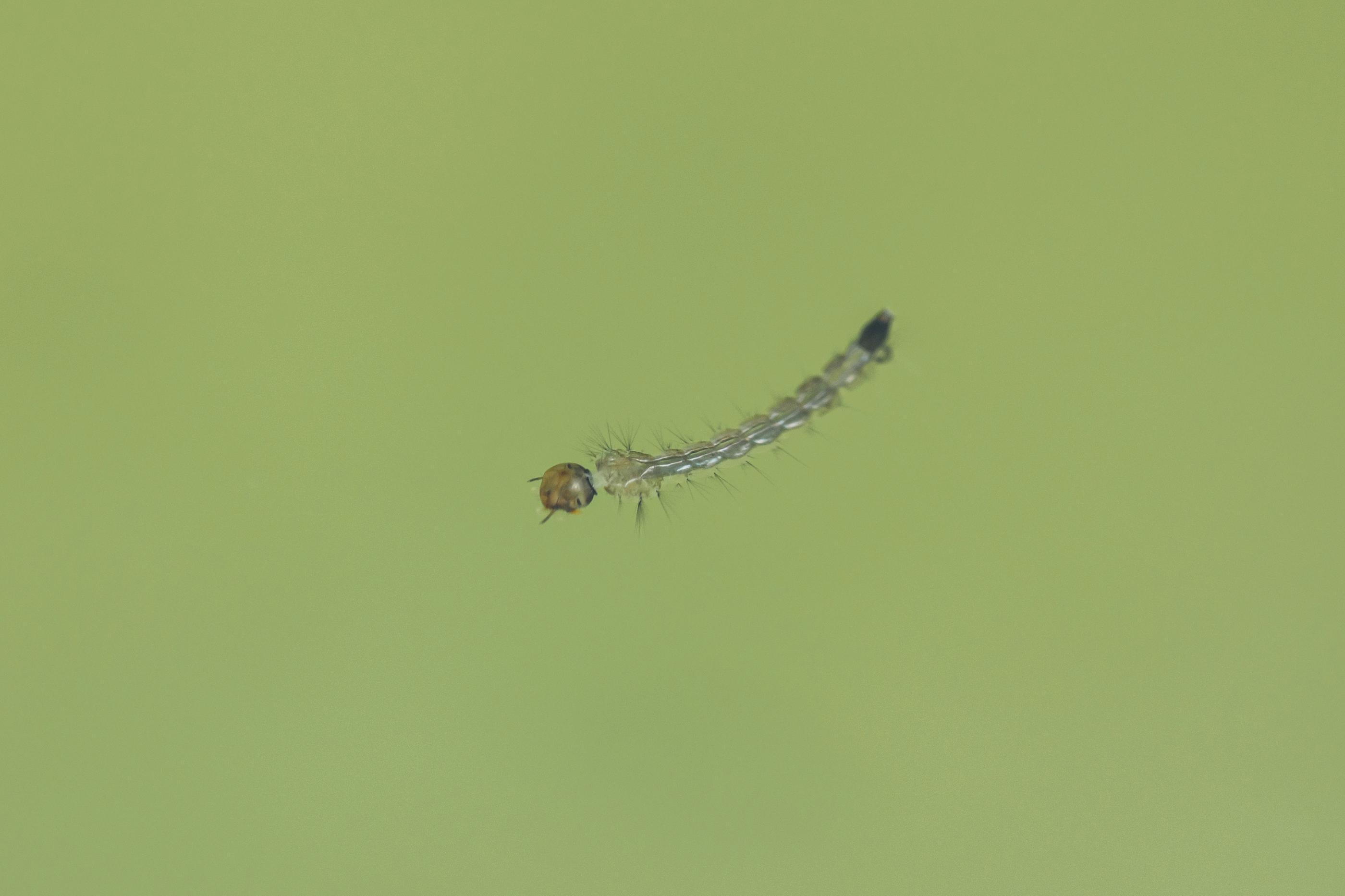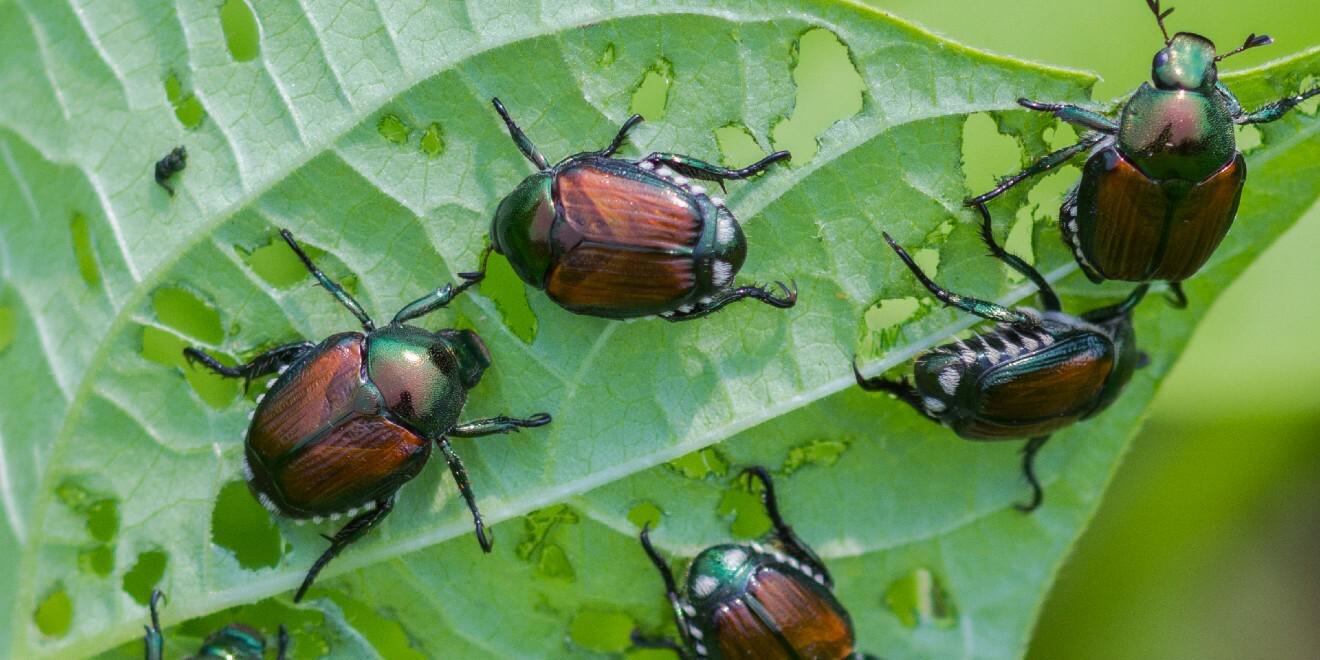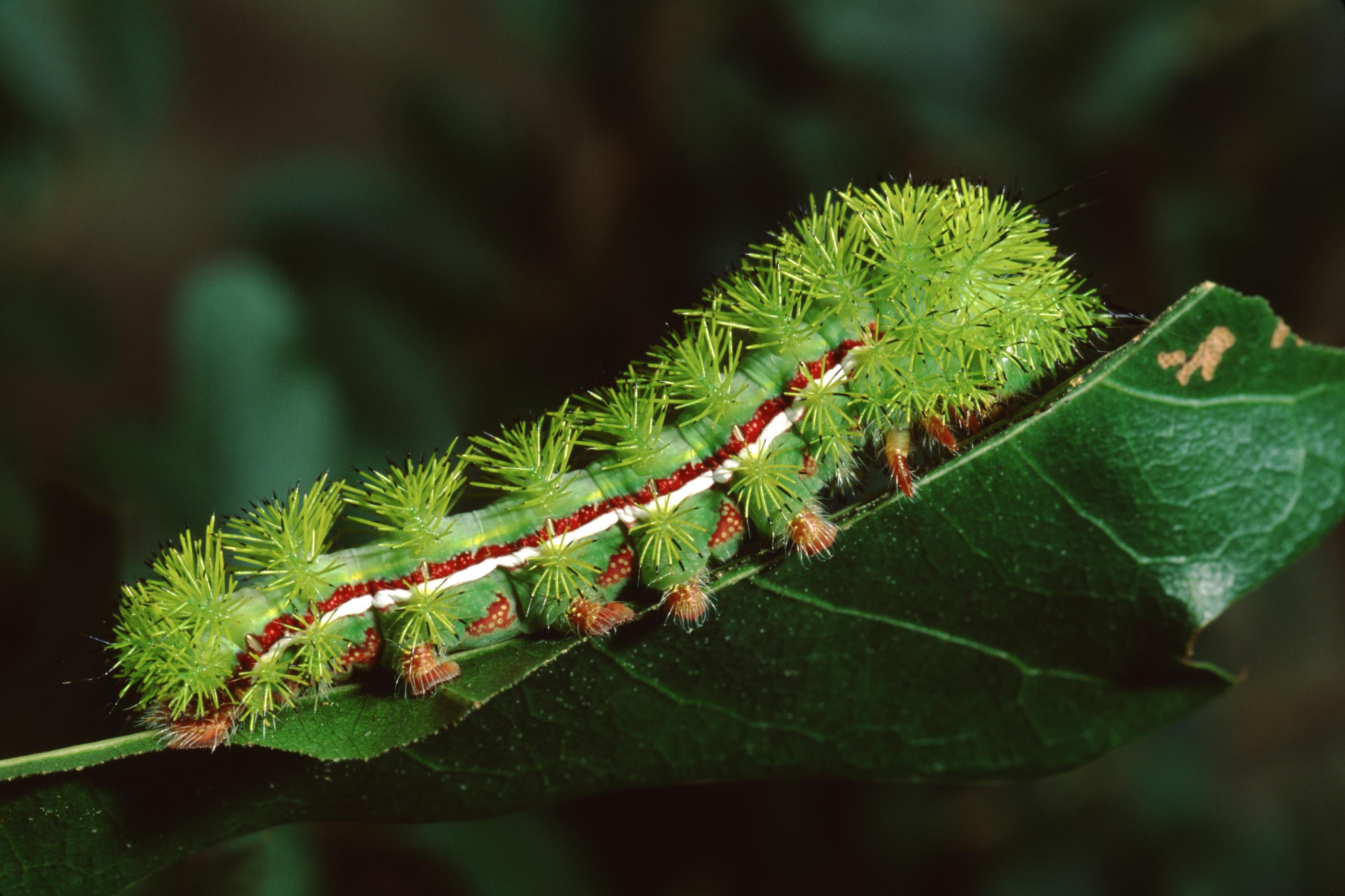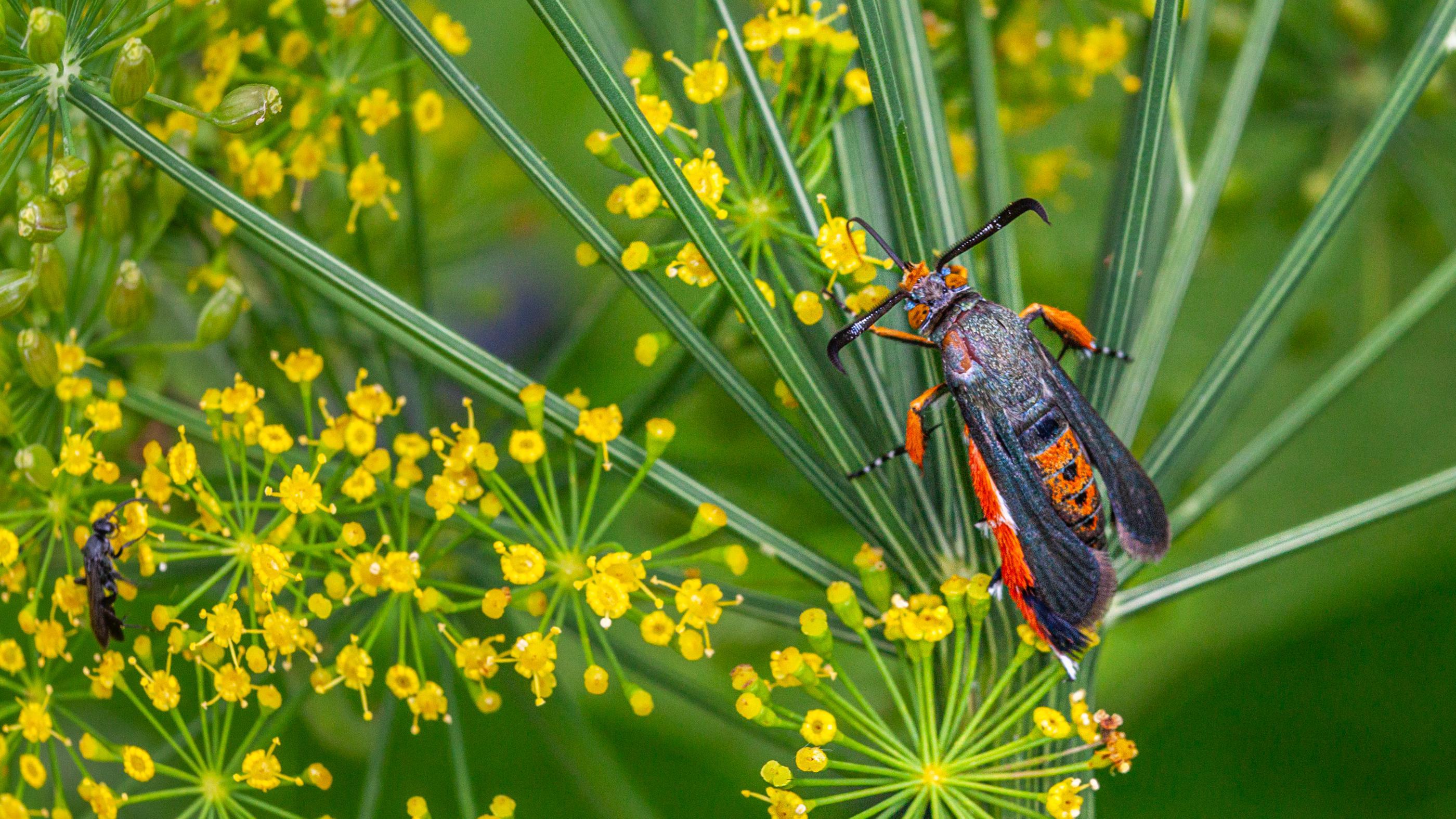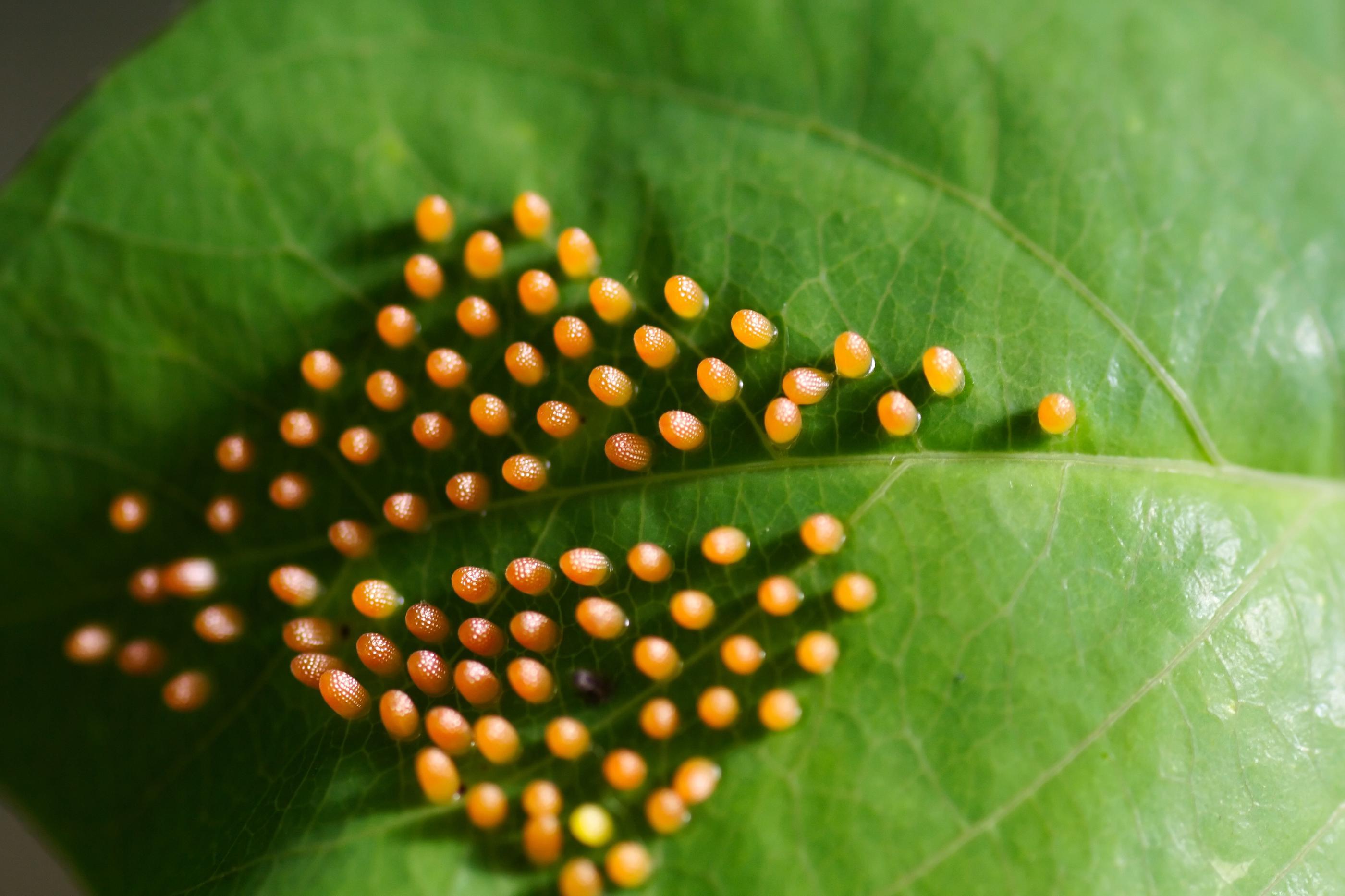Do Yellow Jackets Sting?
Posted by Mosquito Squad
December 20, 2023
When a U.B.O. (unidentified buzzing object) is flying around, threatening to bite you, most people’s first instinct is to swat it away. However, it’s helpful to have a little information about the pest first, to protect yourself from threatening pests that sting.
We get a lot of questions about yellow jackets in particular, so here are the answers to some of the most frequently asked questions about these insects.
What does a yellow jacket look like?
Yellow jackets are often confused with bees, but they are actually a type of wasp. The following are distinguishing features of a yellow jacket:
- Most yellow jackets have alternating black and yellow body segments
- They are about ½ an inch long
- A yellow jacket’s waist is thinner than a bee’s
- Its wings are as long as its body, and they fold when the insect is at rest
- Their bodies don’t have hair
Where are yellow jackets commonly found?
Yellow jackets look for meat and sweet liquids, so they often hang around picnics or other activities where humans have sodas, juices, or meats outside. It’s not unusual to see them buzzing around trash cans.
Do they bite or sting?
Yellow jackets are an aggressive insect and they can sting, often unprovoked. Unlike other insects, they do not lose their stinger, so they can sting multiple times.
When are they most active?
Queen yellow jackets search for a place to start a colony when the weather starts to warm up in the spring. The queen starts by building a few nest cells and laying eggs in them. Once the first workers emerge, the colony can grow exponentially. The workers continue to build the nest while the queen lays more eggs. Colonies can grow to as large as 5,000 workers during the peak of summer.
At the end of the summer, the nest decomposes. The original queen dies, but hundreds of the workers are fertilized and become new queens themselves. These queens find shelter under loose tree bark or in dead tree stumps during the cold winter months and then start a new colony the following spring.
What should you do if you find a nest?
Nests are typically built underground, but they can also be found in enclosed spaces like hollow logs, attics, or under the eaves of a house.
Yellow jackets are very protective of their nests, so you should use extreme caution if you find one. If someone accidentally disturbs a nest, this can cause a swarm attack. Disturbances can be caused by someone bumping or stepping on a nest, or even ground vibrations caused by lawnmowers.
In order to remove a nest, you should contact a professional pest control service like DC Mosquito Squad to avoid injury.
How can you avoid getting stung?
- Check sugary drinks carefully before taking a sip outside.
- Cover trash and keep it away from where you’re eating.
- Wear heavy clothing when walking in the woods to protect against stings.
- Don’t panic or swat at a yellow jacket, as it will get aggressive.
- Never crush or smash a yellow jacket. This signals other yellow jackets in the area to attack.
- Limit aromas like perfume, hair products, lotions, and bright clothing, all of which attract yellow jackets.
- Stay away from overgrown or heavily wooded areas, where yellow jacket nests are more common.
How should you treat a yellow jacket sting?
If you have a mild reaction, simply wash the area with soap and water and then apply a cold compress. A pain reliever or antihistamine should help reduce minor swelling, and a calamine product can soothe the itching.
How can you tell if you’re allergic to yellow jackets?
Allergic reactions are much more severe than a typical reaction to a sting, and they usually involve swollen red bumps beyond the initial sting location, flushed skin, and swelling of the throat that causes difficulty breathing.
If you are stung multiple times, you may experience a toxic reaction from the venom of the stings. This can cause fever, nausea, vomiting, diarrhea, headache, fainting, and convulsions.
You should seek medical attention if you experience severe reactions to stings.
To keep yellow jackets and other stinging pests away from your backyard, Mosquito Squad of Greater Washington DC today.

